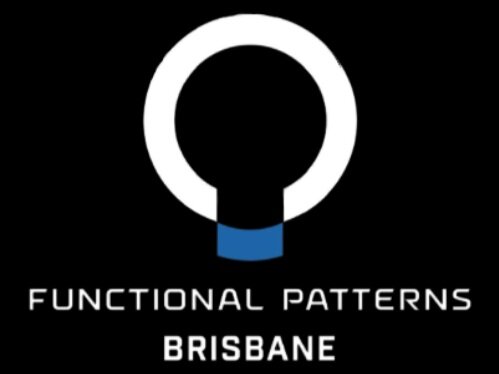How The Way You Move Affects Your Mental Health & Hormones: Exploring Mechanotransduction
Have you ever considered the profound connection between your movement patterns, hormones, mental health, and even archetypal influences? The way you move can have a far-reaching impact beyond just physical fitness. In this blog, we delve into the fascinating realm of mechanotransduction and how imbalanced movement patterns can disrupt hormone levels, mental well-being, and even influence archetypal connections.
Understanding Mechanotransduction:
Mechanotransduction is the body's incredible ability to convert mechanical signals from movement into biochemical responses within cells. Essentially, the way you move sends signals to your cells, triggering various physiological reactions. This intricate process goes beyond muscle contractions; it affects tissues, organs, hormones, and mental states.
The Hormone-Movement Connection:
Imbalanced movement patterns can disrupt hormonal balance. Cortisol, the stress hormone, is a prime example. Prolonged stress due to poor movement mechanics can lead to chronic cortisol release, affecting metabolism, immune function, and mood. On the other hand, proper movement patterns can stimulate the release of endorphins, dopamine, and serotonin—hormones associated with positive mood and reduced stress.
Archetypal Influences on Body Frame:
Archetypes, the symbolic patterns that shape human experiences, are also linked to body frames. Your body's structure can align with certain archetypes, impacting your posture and movement patterns. For example, a warrior archetype might lead to a strong, upright stance, while a caregiver archetype could manifest as rounded shoulders. These archetypal influences intersect with your biomechanics, affecting hormone levels and mental well-being. While many people think that archetypes should not or can not be altered, we believe some archetypes have a negative impact on mechanotransduction and mental health.
Impacts on Mental Well-Being:
Your brain and body are closely linked, and imbalanced movement patterns, combined with archetypal influences, can contribute to mental health challenges. Chronic stress from poor movement can lead to anxiety, depression, and cognitive decline. Furthermore, disrupted hormone levels influenced by archetypal connections can impact mood regulation.
Functional Patterns' Holistic Approach:
Functional Patterns methodology offers a holistic solution. By correcting movement imbalances, optimizing biomechanics, and exploring archetypal embodiment, you create a positive ripple effect on hormones, mental health, and archetypal alignment. Balanced movement, combined with archetypal awareness, supports the proper release and regulation of hormones while fostering a more positive mental state.
Embrace Movement, Archetypes, and Hormone Balance for Mental Wellness:
Reclaim control over your hormones and mental well-being through Functional Patterns. By embracing balanced movement, you tap into the power of mechanotransduction to influence hormones positively. Elevate your mood, reduce stress, and improve overall mental health while enhancing your physical vitality.
Remember, not all movement or exercise is made equal — correct movement is a pathway to hormonal harmony and emotional equilibrium. Incorrect movement patterns achieve quite the opposite. Unlock the potential of mechanotransduction with Functional Patterns and discover the transformative impact on your body, mind, archetypal connections, and well-being. Start your journey to holistic health today.
